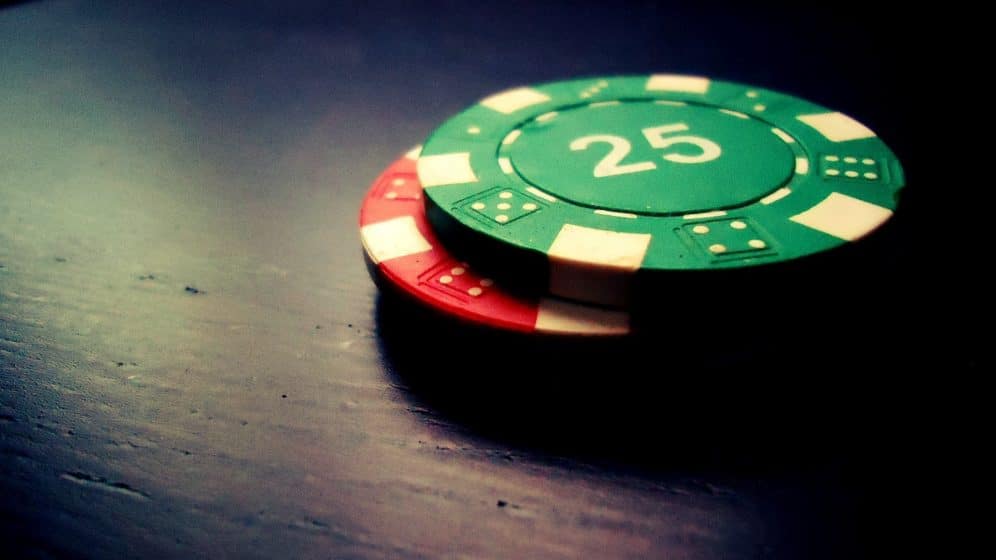
In the series on the science of poker, we will discuss scientific studies published in well-known psychology, mathematics, and IT journals. The aim of these articles is to present the information revealed in the studies in an understandable and useful way.
This time, we will examine an article published in the journal “High Ability Studies” – “Decision-making and thought processes among poker players.” The authors of the article, Joseph St. Germain and Gershon Tenenbaum, studied the differences in the thought processes of poker players of varying skill levels when making decisions during the game.
The researchers divided 45 participants into three groups based on their abilities – experts, regular players, and novices. All three groups played 60 hands, which were identical for each group. The game was played against a computer that did not take the player's level into account.
The researchers also measured EV and overall profit, but these findings will not surprise anyone – the experts had the highest EV and earned the most, the regular players were second best, and the novices came last.
Differences in Thought Processes
During the study, experts had the most poker-related thoughts (3012). Regular players lagged slightly behind the experts (2500), while novices had almost three times fewer thoughts than the most experienced players (1412).
Of course, the sheer number of thoughts does not tell us anything about the quality of play. The researchers categorized the thoughts into 5 areas:
- Opponent's behavior,
- Simple thoughts about poker (hand strength),
- Complex thoughts about poker (pot odds, hand ranges, position, pot control, board texture),
- Thoughts about oneself (table image, intuition, hiding hand strength, actions on future streets)
- Other (desire to continue playing, feeling of luck, not knowing what to do, favorite or unfavorite hand, fear of bet/raise, anger, thoughts unrelated to poker).
The flow of thoughts was tracked in each situation and street (pre-flop, flop, turn, and river). Experts mostly thought about categories 2 and 3, regular players about categories 1-3, and novices about categories 1 and 5. Novices began thinking about the opponent's actions only in river situations. Most of the novices' thoughts were unrelated to effective play (usually curiosity or a feeling of luck).

One of the most interesting observations in this study is that novices start thinking about the opponent's behavior only in river situations.
Conclusions
Scientific literature usually draws conclusions relevant to science itself, but poker players might be more interested in how we can apply scientific achievements to the game. The most important area for every professional is playing against fish or novices. From the thought process, we can infer several things:
- Novices will too often call bets with various draws and will not consider bet sizes. Curiosity and a feeling of luck will usually arise in such situations, so when the board is wet and you have a strong hand, you can safely increase the bet sizing.
- Novices start thinking about opponents' actions only in river situations. This means two things – novices will overcall when they have value on the river and will be easier to convince with bluffs. Good poker players can more easily catch bluffs by remembering the entire board runout, while novices will not be able to do this.
- In the learning area, we can observe that experts almost no longer think about their hand strength. This understanding can be based on the concept of absolute versus relative hand value. This concept is explored by coach RoundMidnight in this video.





